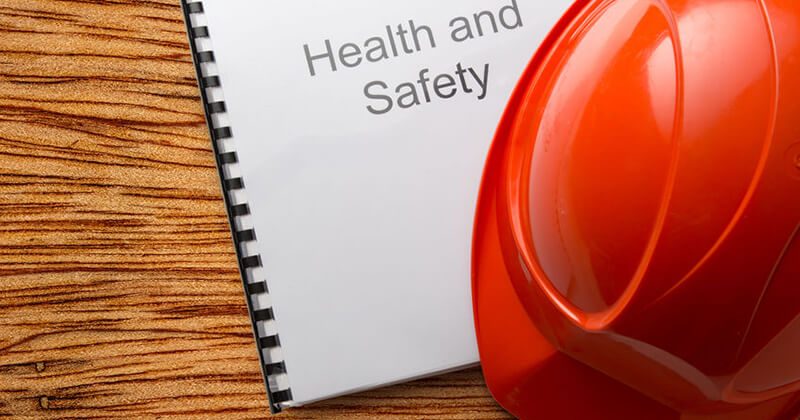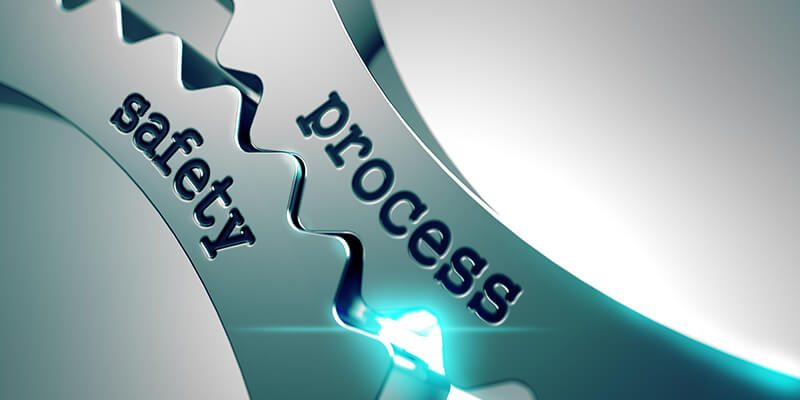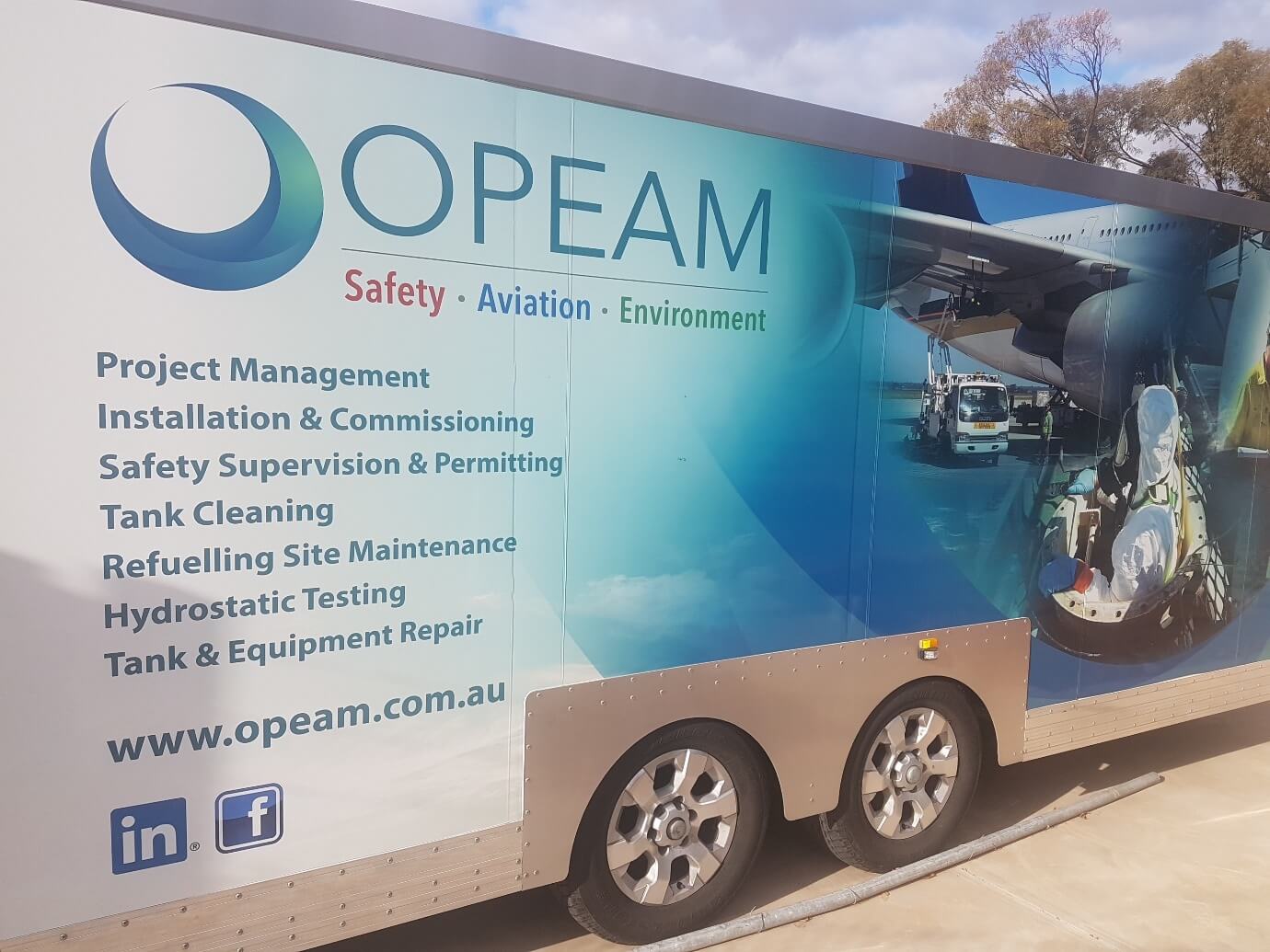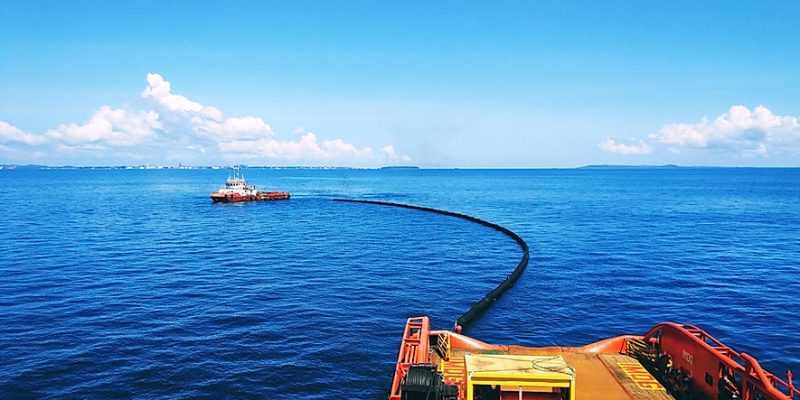OPEAM provides risk management solutions in all areas of safety management and compliance for the oil & gas industry.
OPEAM manage safety risks of an activity by ensuring the operations meet the customers standards through clear expectations and “Dynamic Safety Supervision.”
OPEAM offer an End to End (E2E) safety management process that delivers a consistent message for those people on site and results in a reduction in incidents, less confusion and more productive hours on the job. E2E safety management thereby reduces the number of interfaces the site staff need to engage with and ensures a consistent message across activities.






